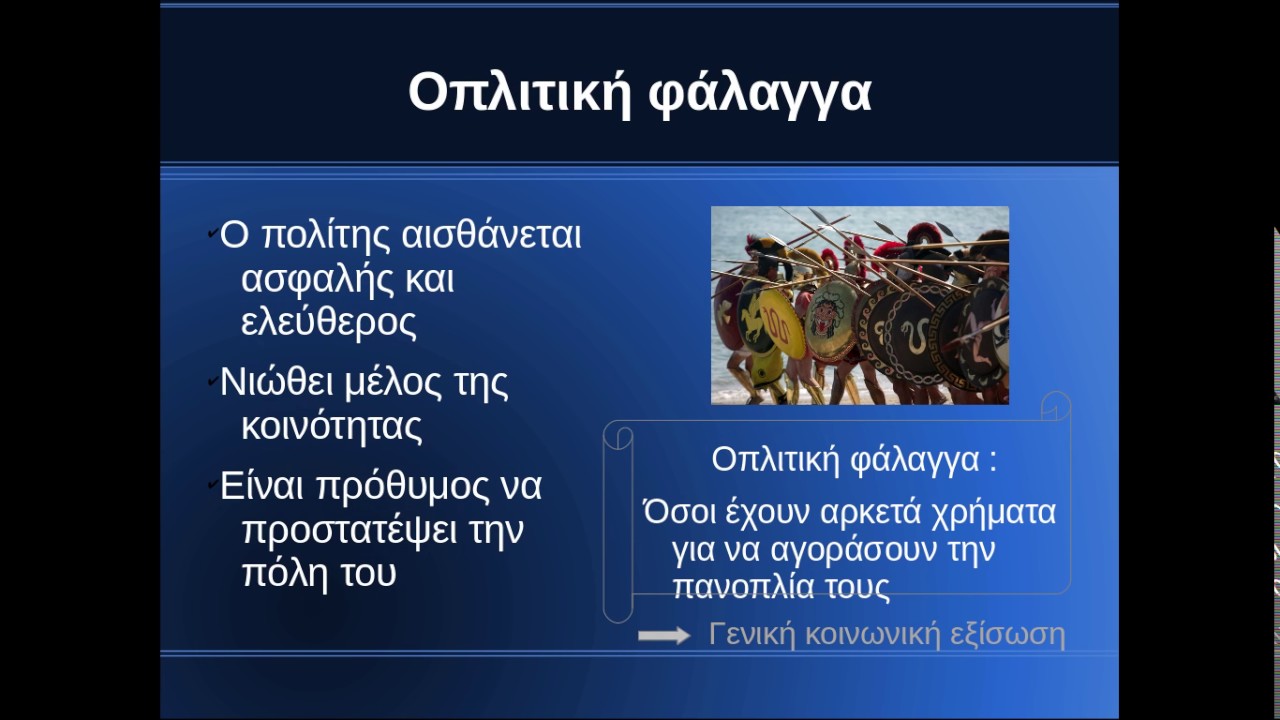Enhancing Mental Health Literacy: An Educational Approach

Table of Contents
The Importance of Early Intervention and Education
Early identification and intervention are paramount in improving outcomes for individuals struggling with mental health challenges. Enhancing mental health literacy in young people is particularly critical, as early intervention can significantly impact their long-term well-being.
Identifying Mental Health Conditions in Young People
Identifying mental health issues in children and adolescents presents unique challenges. Young people may not be able to articulate their feelings or understand the significance of their symptoms. Early identification is key to enhancing mental health literacy in young people. Signs to look for include:
- Changes in behavior: Increased irritability, aggression, or withdrawal from usual activities.
- Academic performance decline: Decreased grades, difficulty concentrating, increased absences from school.
- Social withdrawal: Isolation from friends and family, reluctance to participate in social events.
- Physical symptoms: Headaches, stomach aches, sleep disturbances, unexplained fatigue.
- Changes in appetite or weight: Significant weight loss or gain, changes in eating habits.
Schools and parents play a vital role in early identification. Educating both groups on recognizing these warning signs is crucial for improving mental health literacy and ensuring timely intervention.
Comprehensive School Curricula
Incorporating mental health education into school curriculums at all levels is essential for enhancing mental health literacy. Schools play a vital role in enhancing mental health literacy through comprehensive education. This should include:
- Age-appropriate lessons: Tailored to the developmental stage of the students, using relatable examples and language.
- Interactive activities: Role-playing, group discussions, and creative exercises to engage students and promote learning.
- Guest speakers: Inviting mental health professionals to share their expertise and answer student questions.
- Integration with existing subjects: Weaving mental health concepts into health class, social studies, and even literature classes.
Effective Educational Strategies and Methods
Effective education strategies are crucial for enhancing mental health literacy across all age groups. These strategies should be engaging, accessible, and address the specific needs of the target audience.
Interactive Workshops and Training
Interactive workshops are a powerful tool for enhancing mental health literacy. These workshops can be tailored for students, adults, or specific community groups. Effective workshops include:
- Role-playing: Simulating real-life scenarios to practice communication skills and coping strategies.
- Group discussions: Facilitating open dialogue and sharing of experiences to reduce stigma.
- Case studies: Analyzing real-life examples to understand the complexities of mental health conditions.
- Q&A sessions: Providing opportunities for participants to ask questions and receive clarification.
- Qualified facilitators: Employing trained professionals who can create a safe and supportive environment.
Utilizing Technology and Digital Resources
Technology enhances mental health literacy by making information widely accessible. Online platforms, apps, and videos offer engaging and convenient ways to learn about mental health. These resources should:
- Offer accessible information: Using clear and concise language, avoiding jargon.
- Employ engaging formats: Utilizing visuals, interactive elements, and storytelling to capture attention.
- Provide tailored content: Catering to different age groups, cultural backgrounds, and learning styles.
Addressing Stigma and Promoting Help-Seeking Behaviors
Education is vital in dismantling stigma and improving help-seeking behaviors, thus enhancing mental health literacy. Reducing stigma requires:
- Open discussions: Creating safe spaces for people to talk openly about mental health without judgment.
- Sharing personal stories: Encouraging individuals to share their experiences to normalize mental health challenges.
- Highlighting the importance of seeking professional help: Emphasizing that seeking help is a sign of strength, not weakness.
- Creating supportive and inclusive environments: Promoting empathy, understanding, and acceptance of individuals with mental health conditions.
Measuring the Impact of Mental Health Literacy Initiatives
Measuring the impact of mental health literacy initiatives is crucial to refining educational approaches and ensuring their effectiveness.
Assessing Knowledge and Attitudes
Evaluating the effectiveness of mental health literacy programs requires using a variety of methods:
- Pre- and post-intervention assessments: Measuring changes in knowledge and attitudes before and after the program.
- Surveys: Gathering data on participants' understanding of mental health, their attitudes towards seeking help, and their experiences with mental health conditions.
- Focus groups: Facilitating discussions to gather qualitative data on participants' perceptions and experiences.
Long-Term Outcomes and Sustainability
Sustained efforts are key to the long-term benefits of enhancing mental health literacy. Long-term monitoring should track:
- Mental health help-seeking rates: Assessing whether the program has led to an increase in individuals seeking help for mental health issues.
- Reduced stigma: Measuring changes in attitudes towards mental health and the willingness to seek help.
- Improved well-being: Assessing the impact of the program on participants' overall mental health and quality of life.
Conclusion
Enhancing mental health literacy requires a multifaceted approach that incorporates early intervention, effective educational strategies, and ongoing evaluation. By implementing comprehensive school curriculums, interactive workshops, and accessible digital resources, we can significantly improve knowledge, reduce stigma, and encourage help-seeking behaviors. Measuring the impact of these initiatives is crucial to ensure their long-term effectiveness and sustainability. Let's work together to enhance mental health literacy within our communities and create a more supportive and understanding environment for everyone. Share this article and continue learning about mental health literacy initiatives to make a difference.

Featured Posts
-
 Christina Aguileras New Photoshoot A Controversial Level Of Photo Editing
May 03, 2025
Christina Aguileras New Photoshoot A Controversial Level Of Photo Editing
May 03, 2025 -
 I Diavrosi Toy Kratoys Meso Tis Poleodomikis Diafthoras Kai I Anagkaia Metarrythmisi
May 03, 2025
I Diavrosi Toy Kratoys Meso Tis Poleodomikis Diafthoras Kai I Anagkaia Metarrythmisi
May 03, 2025 -
 Fortnite Cosmetic Policy Update Refund Implications
May 03, 2025
Fortnite Cosmetic Policy Update Refund Implications
May 03, 2025 -
 Fortnite Chapter 6 Season 2 Are Servers Down Due To Maintenance
May 03, 2025
Fortnite Chapter 6 Season 2 Are Servers Down Due To Maintenance
May 03, 2025 -
 Uk Local Elections Will Nigel Farages Reform Party Succeed
May 03, 2025
Uk Local Elections Will Nigel Farages Reform Party Succeed
May 03, 2025
